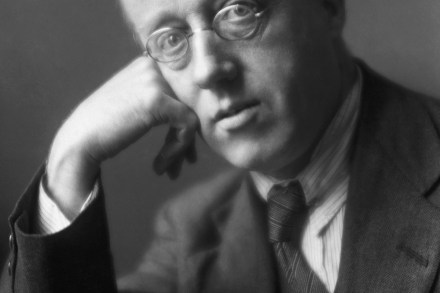The extraordinary courage of Germany’s wartime ‘traitors’
I once interviewed the late Enoch Powell for this magazine (the article never appeared, for reasons I forget). One thing he said on that occasion stuck with me. He remarked that loyalty to one’s country should be unconditional. I asked him what he thought people should do if their country were taken over by a




















